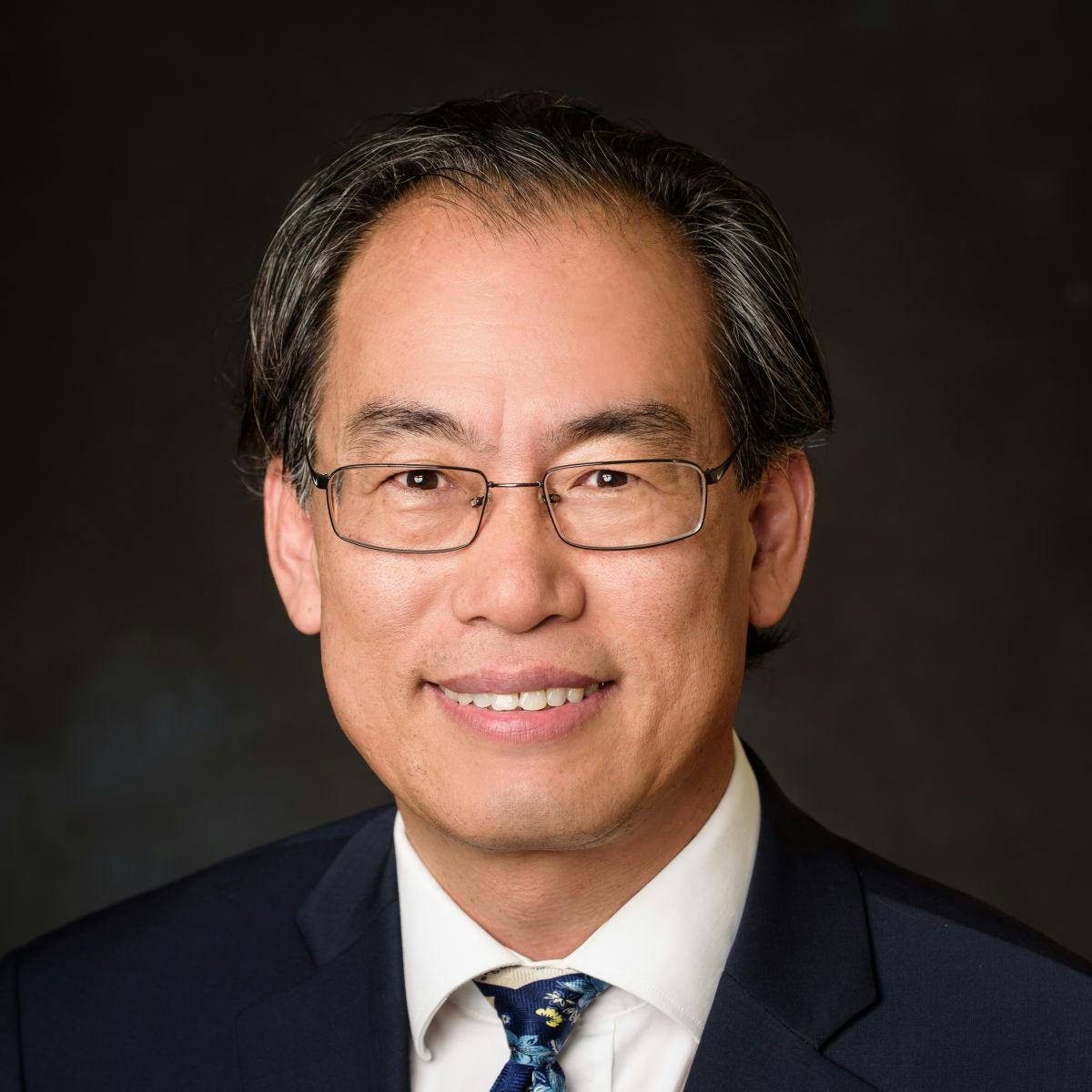Message from the Chair
 Dr. Min Song, Chair of the Department of Electrical and Computer EngineeringWelcome to the Department of Electrical and Computer Engineering, one of the largest departments in the Schaefer School of Engineering and Science. We offer accredited undergraduate programs in electrical engineering and computer engineering, master’s programs in electrical engineering, computer engineering, and applied artificial intelligence, and Ph.D. programs in electrical engineering and computer engineering. Approximately 400 undergraduate and 300 graduate students are currently enrolled.
Dr. Min Song, Chair of the Department of Electrical and Computer EngineeringWelcome to the Department of Electrical and Computer Engineering, one of the largest departments in the Schaefer School of Engineering and Science. We offer accredited undergraduate programs in electrical engineering and computer engineering, master’s programs in electrical engineering, computer engineering, and applied artificial intelligence, and Ph.D. programs in electrical engineering and computer engineering. Approximately 400 undergraduate and 300 graduate students are currently enrolled.
Electrical and computer engineering are fast-evolving fields that continuously shape the future of modern society. The rapid advancement in the design and implementation of engineering systems, including circuit, device, electronic, power, communication, robotics and control, microelectronics and photonics, software, computer and networking, transform our everyday lives. Moreover, the convergence of emerging trends and disruptive technologies, such as artificial intelligence, Internet of Things, data analytics, information security, with electrical and computer engineering creates numerous research and career opportunities. The department offers rigorous education and research programs to empower students to discover, create, and apply knowledge in each of these areas.
Student-centered learning is key to personal and professional development, as reflected in our innovative curricula. We provide a balanced education in fundamental principles, design methodologies, and practical experiences within electrical and computer engineering. Graduates are prepared to advance their technological competencies as they enter and sustain lifelong careers of innovation and creativity. The electrical and computer engineering department initiates a variety of extracurricular programs to help students acquire the hands-on experience and problem-solving skills needed to tackle complex real-world problems, including our entrepreneurship training program, mini-course program, and the summer research program.
Our department has 28 full-time faculty members, including 1 National Academy of Engineering member, 8 IEEE Fellows, 3 National Academy of Inventors Fellows, and 8 NSF CAREER recipients. They are world-class scholars in their respective fields. In the 2021 fiscal year, the department received $8.9M in externally funded research grants, and our faculty published more than 100 papers in prestigious journals and conferences.
Moreover, we are more than just numbers. We provide quality education that is rich in technology and fosters strong research environments to inspire, nurture, and educate the next generation of electrical and computer engineers and technical leaders. Our mission is to deliver innovative, interdisciplinary, and impactful academic and research programs. As you navigate our site, you will find more information about the academic programs, research projects, state-of-the-art facilities, and achievements from our dedicated faculty and talented students. I hope that you will be inspired to partake in our programs.
Thank you for reading, and please do not hesitate to contact us if you have any questions.
Dr. Min Song




